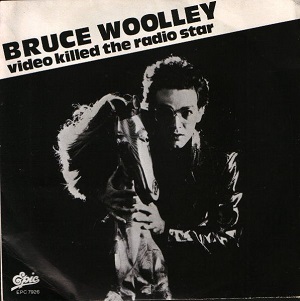The marketing environment can have a profound effect on brand and product marketing. Regulations governing car emissions are a good example.
From today, EU regulators have changed the rules on how car emissions will be measured, to prevent automakers from
circumventing emissions limits. Most of all, the new rules are intended to
improve air quality, for a greener future. In turn, these new rules are driving new vehicle marketing.
Now automakers are offering 'scrappage' schemes to encourage drivers to purchase new cars and 'scrap' or trade in older vehicles.
Volkswagen is offering as much as £7,000 off to encourage UK buyers to turn in their old diesels (registered prior to 2010) and buy a new VW, Audi, Skoda or Seat model.
 Ford
Ford is offering £2,000 off to UK buyers who exchange any brand of vehicle (model year 2010 or older) for a new Ford model.
Kia and Renault are also offering the same amount for older models turned in when buying a new car in the UK.
Toyota is offering up to £4,000 to encourage trade-ins of older cars by UK buyers.
Automakers are also designing new cars that will comply with emissions rules and appeal to environmentally-conscious buyers.
Aston Martin has plans to have an all-hybrid product portfolio by 2020, and BMW will soon launch an all-electric version of its popular
Mini.
However, the UK's ambitious plan to not allow sales of new diesel and
petrol cars from 2040 will strain the infrastructure for electric cars, requiring significant investments in recharging stations, for example. Automakers will be watching the environment carefully as they plan for future product introductions and car promotions.






